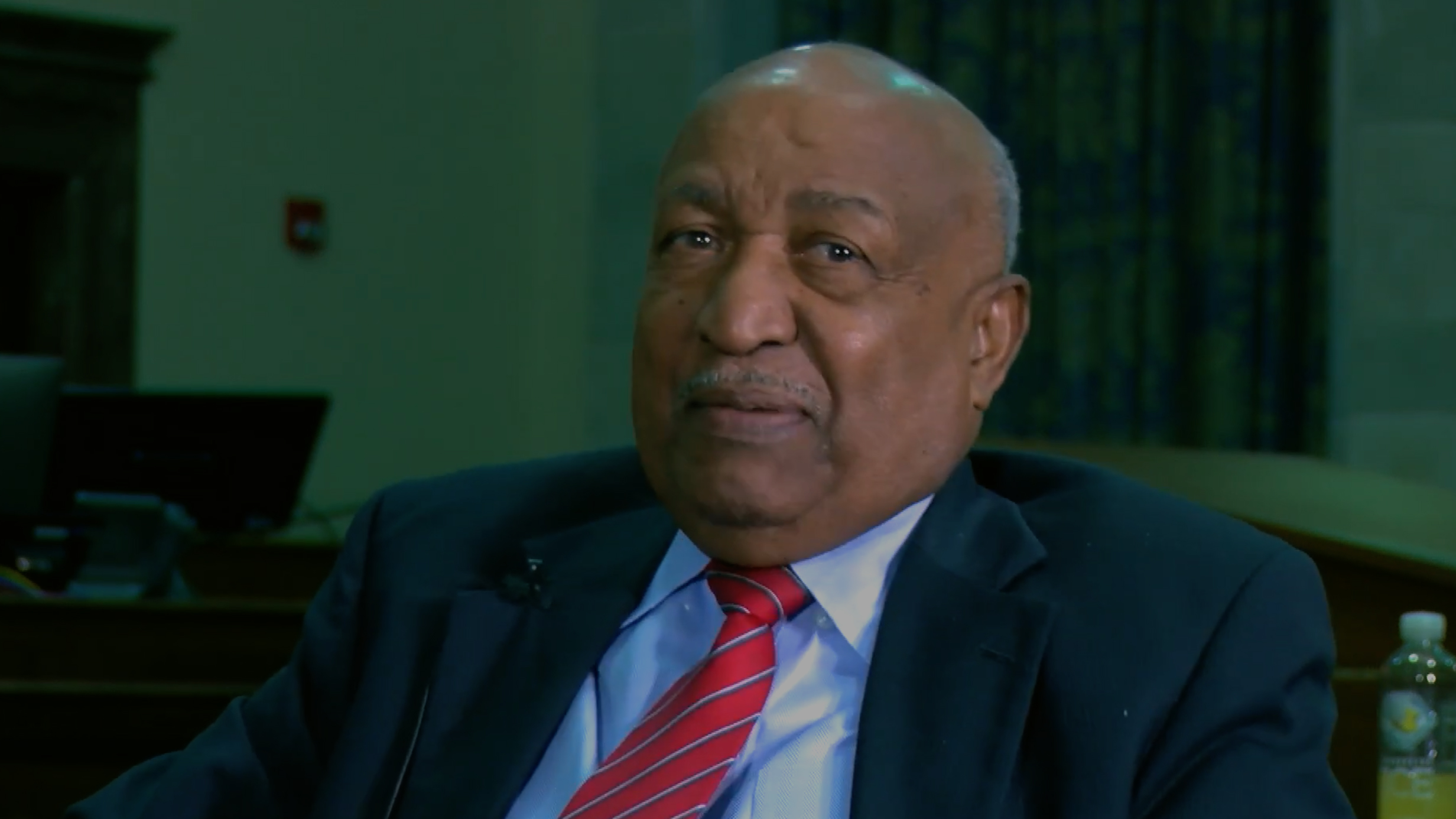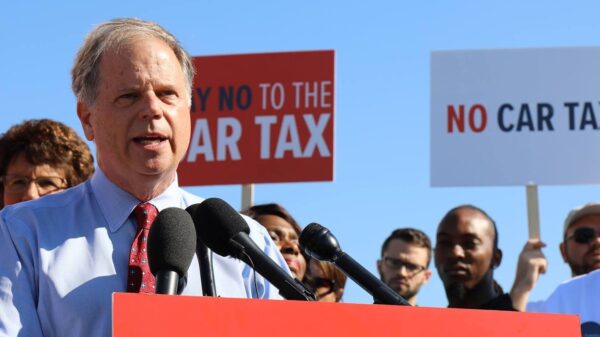|
Getting your Trinity Audio player ready...
|
The Alabama Democratic Party is set to hold yet another contentious executive committee meeting this weekend, with multiple proposed bylaws changes on the agenda and members already bickering.
The two most controversial issues will be changes that recognize new caucuses, including a women’s caucus and a disability caucus, and a change to party rules that states only State Democratic Executive Committee members can vote to elect delegates.
“We have a very important meeting this weekend and some big things going on,” said ADP vice-chairman Joe Reed during an interview on the Alabama Politics This Week podcast. Reed said the change that will prohibit the national party from selecting delegates will right “an absolute injustice” that occurred when the party selected most of Alabama’s delegates this year. He called the attempts to add back in new caucuses “a farce.”
The addition of new caucuses has been a recurring issue since the Democratic National Committee forced ADP to adopt new bylaws in 2019. Those new bylaws brought the party more in line with the DNC’s bylaws by recognizing that “minority groups” encompassed more than just Black members, and implementing new caucuses for other ethnic groups and marginalized people.
However, those new caucuses also weakened the power that Reed, who chairs the party’s powerful Black caucus, the Alabama Democratic Conference, holds in selecting at-large executive committee members and thus controlling who is elected chairperson of the party. Reed and his supporters have claimed the move was race based to limit the power of the Black vote. But those who supported the addition of the new caucuses point out that more Black members became executive committee members, because the additional caucuses included a number of new Black members, and that the change made the party more inclusive.
But in May 2023, Reed and ADP chairman Randy Kelley, in a controversial and contested meeting, pushed through new bylaws that eliminated or significantly reduced the voting power of those new caucuses. The DNC promptly ordered that new bylaws be rewritten and the caucuses restored.
Some of those caucuses were but the disability caucus was left out in the cold – a move heavily criticized by many members. Reed remains opposed to including that caucus and adding in caucuses for women and organized labor.
“If people want to meet, they can meet,” Reed said of the different groups seeking caucuses. “And we’re not going to object to that, but we can’t let everybody – every little group that forms a club cannot be a caucus. In fact, the veterans don’t have a caucus, the teachers don’t have a caucus, other groups don’t have a caucus. So there are plenty of groups who don’t have caucuses, who are very strong Democrats and very much involved.”
However, on the issue of altering the bylaws to exclude the DNC from selecting Alabama’s delegates, Reed is very much in favor. That support comes on the heels of yet another dust-up between the current ADP leadership and DNC officials, after the DNC removed a number of delegates selected by Reed and Kelley and instead handpicked new delegates with the help of Alabama congresswoman Terri Sewell, Birmingham Mayor Randall Woodfin and former U.S. Sen. Doug Jones.
The changes infuriated Reed and Kelley and reportedly led to a confusing delegate vote for Kamala Harris following her replacement of Joe Biden at the top of the Democratic ticket. Shortly after the vote, a number of people within ADP said neither Reed nor Kelley cast a ballot for Harris, leaving the state party two delegates short of their 58 possible votes.
Both men denied it at the time. But during the convention, when Sewell announced the state’s votes, she said Alabama’s 56 delegates are pledged to Harris.
Asked about the reports that he and Kelley refused to vote for Harris out of protest over the delegates situation, Reed flatly denied it, insisting that they cast their votes “on the very first day.”
“I don’t know anything about it because we cast our vote the first day,” Reed said. “Somebody said that but I don’t know anything about that and it didn’t happen. I know I voted for Kamala Harris straight out and Randy Kelly did too. I’m telling you they were lying when they said it straight out.”
To hear the entire interview, go to the Alabama Politics This Week website or subscribe to the podcast on any of the usual podcast platforms.



















































